Five Reasons Blog Posts Are of Higher Scientific Quality Than Journal Articles
Open data, code, materials and other reasons make blog posts score better on some core scientific values.
Send us a link
Open data, code, materials and other reasons make blog posts score better on some core scientific values.
Post-publication peer review emerged in response to increased calls for continuous moderation of the published research literature.

PLOS now partners directly with protocols.io to provide authors better ways to share methodological details about their work, practical tools to reduce wasted research efforts and persistent, citable identifiers for laboratory methods.
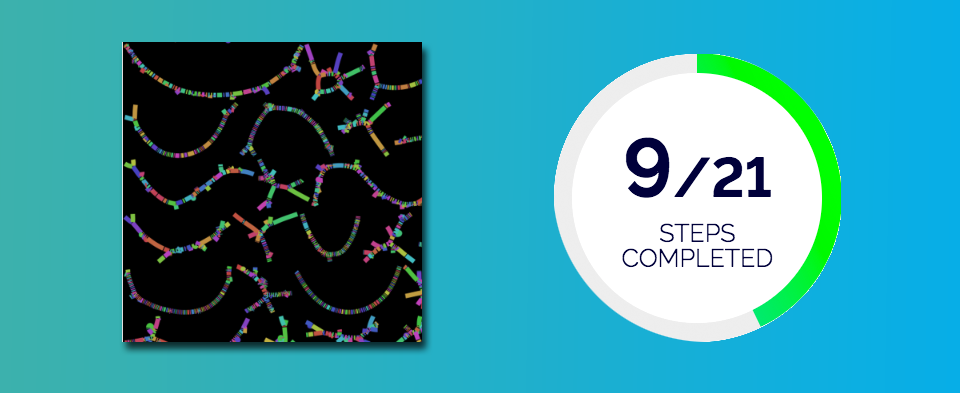
Because sharing underlying data is essential for accelerating scientific advances and maximizing the value of research.

With so many scholarly communications tools and technologies now available, how do academics decide which are most appropriate for their research?

The scope of open science and the variety of actors involved make it not realistic, and even counterproductive, to expect there to be, now or in the future, one definition of open science that fits all.
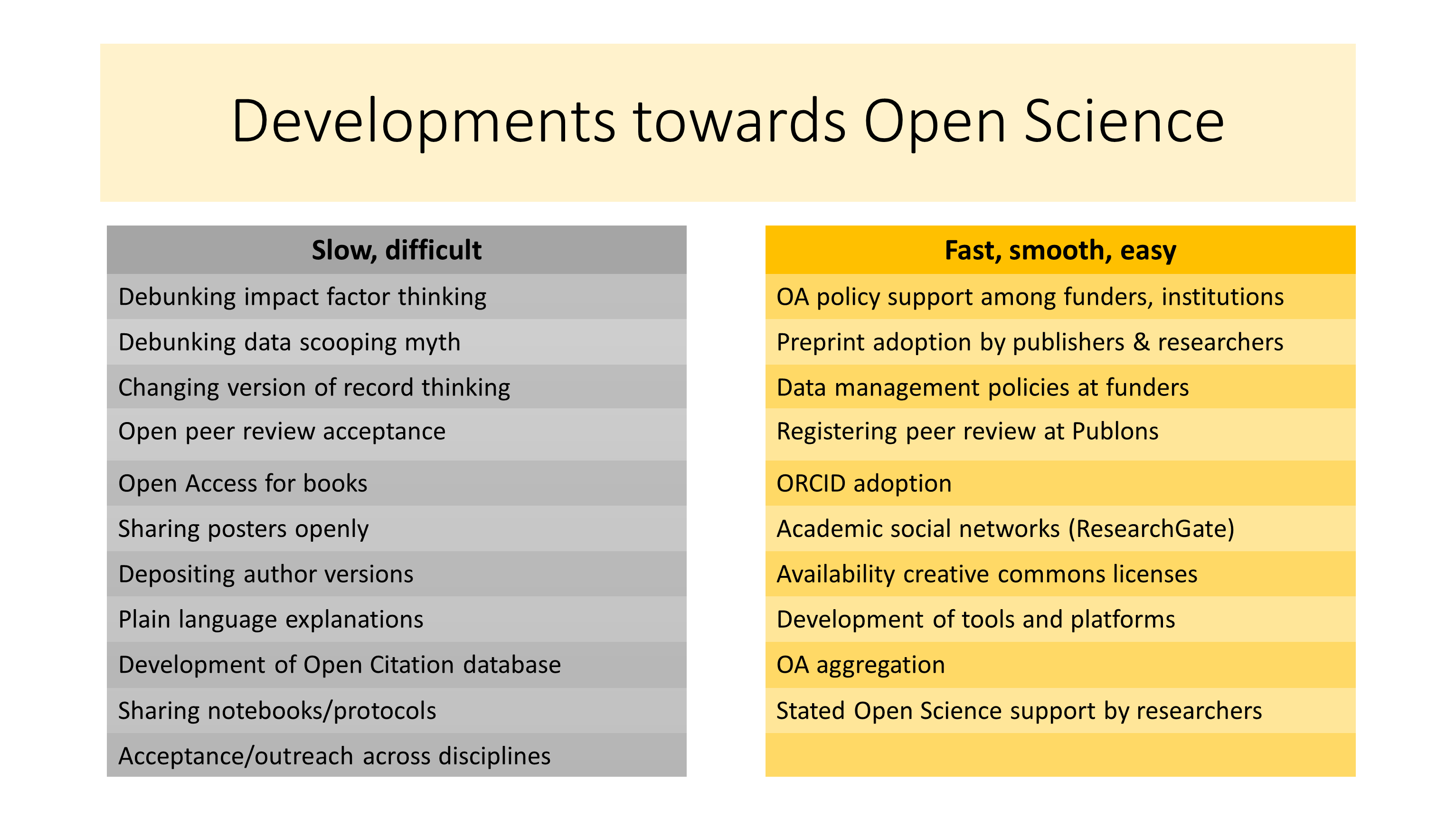
Many bibliometricians and university administrators remain wary of Google Scholar citation data, preferring “the gold standard” of Web of Science instead.

Financing massive-scale copyright infringement.
Very informative and In-depth annual open access roundup.

Discussing the Future of Academic Publishing.

Having examined the organisation of Europe’s academic labour markets, Alexandre Afonso outlines the main differences between countries across the continent. There is greatest variance in two …

A list of some of the shady things Elsevier has been previously caught doing
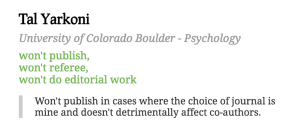
Key areas that you’ll need to work on to be an outstanding proposal writer.
The move to providing the underlying data behind research articles has been a major step towards promoting reproducibility, transparency and data re-use. However, analyses of the quality and annota…

Over a decade has passed since the Budapest Open Access Initiative and the Berlin Declaration on Open Access. A bystander could be forgiven for thinking that the level of discussion and the apparent differences in position across higher education institutions, publishing houses, laboratories, conference halls, funder headquarters, and government buildings must mean that progress has been limited.

As a researcher who gets such severe criticism, you have to go through the 5 stages of grief...
Recap of contest launched by the Winnower and the Laura and John Arnold Foundation to answer the question – How do we ensure that research is reproducible?
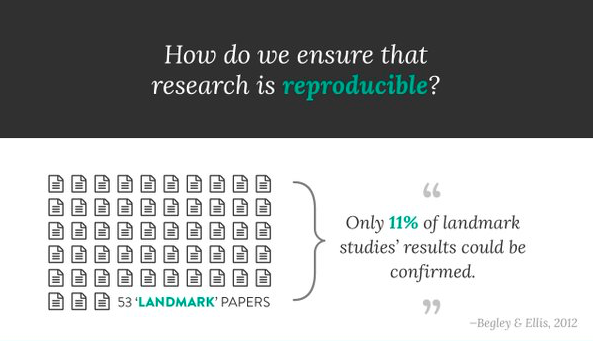
Today sees the publication on bioRxiv of a revised version of our preprint outlining “A simple proposal for the publication of journal citation distributions".
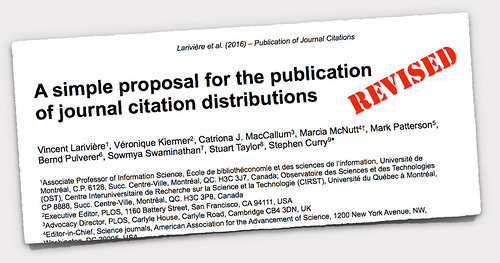
I have just learned that Elsevier, after a lengthy review and negotiation process with the US Patent Office, have been awarded a US Patent on “Online Peer Review System and Method”. What is this about and why is it ridiculous to me.

Richard Morey on thinking about evidence, selling dog food, and how individual scientist can deal with the crisis in the social sciences.
Without open data, a scientific paper is little more than a statement that, in the author’s opinion, some evidence supports a certain set of claims.
The Bratislava Declaration of Young Researchers calls on member states and the European Commission to recognize the special role that young researchers play for science, development, innovation and economic growth in Europe.
A confidential internal email has come into my hands, from Bristol University, regarding the UK’s national negotiations with Elsevier. I think it’s of general interest.